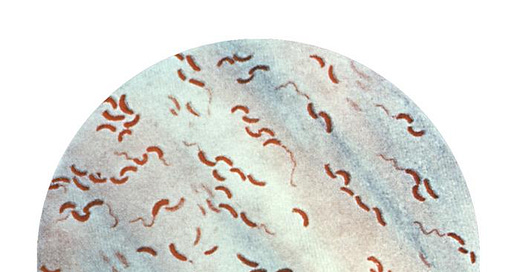Brazil reports 1st autochthonous cholera case in nearly 20 years
On Friday, the Brazil Ministry of Health reported an autochthonous, or locally-acquired case of cholera in the city of Salvador in Bahia State.
The patient is a 60-year-old man who presented with abdominal discomfort and watery diarrhea in March 2024. Two weeks earlier he had used antibiotics for treatment of another illness. According to laboratory tests, the bacteria causing the disease was Vibrio cholerae O1 Ogawa.
In addition, the Ministry of Health said this is an isolated case, given that no other records were identified after an epidemiological investigation.
In Brazil, the last autochthonous cases of cholera occurred in Pernambuco in 2004 and 2005, with 21 and five confirmed cases, respectively.
Since then, rare imported cholera cases have been reported in Brazil until now.
According to the World Health Organization (WHO), from January to March 2024, 31 countries recorded cases or declared an outbreak of cholera. Following the WHO classification, the African region was the most affected, with 18 countries.
Cholera is an acute diarrheal illness caused by infection of the intestine with the bacterium Vibrio cholerae. Cholera is spread through contaminated food or water.
It usually takes 2-3 days for symptoms to appear after ingesting cholera bacteria, ranging from a few hours to 5 days.
Manson’s Tropical Diseases E-Book 24th Edition, Kindle Edition
Cholera can cause large amounts of watery diarrhea (described as a rice-water stool), nausea, and vomiting. Rapid loss of body fluids can lead to dehydration, shock, and even death.





